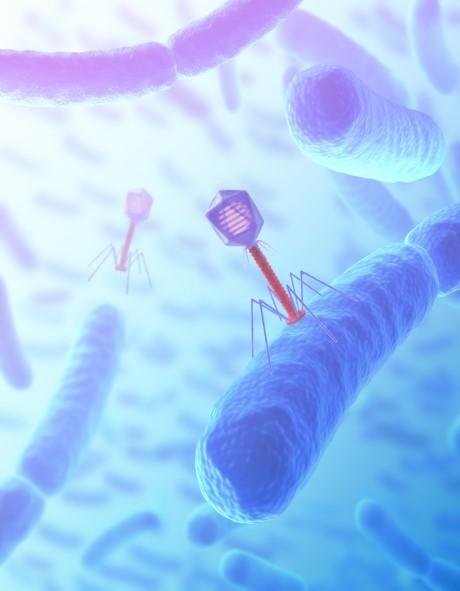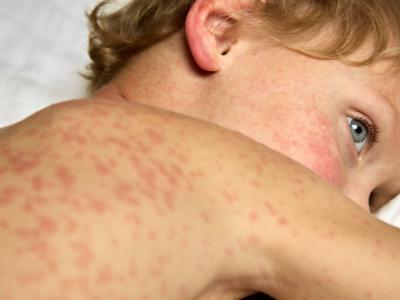
Receiving an influenza vaccine with or without a co-administered COVID-19 vaccine was associated with a small and temporary—but meaningful—change in the menstrual cycles of regularly menstruating women, according to a study published yesterday in JAMA Network Open.
The study was based on data collected from an English-language digital birth control app used globally. Data from April 25, 2023, to February 27, 2024 (4 to 5 menstrual cycles per individual) were collected from 1,501 participants. All participants were ages 18 to 45 years old, did not use hormonal contraception, and had an average cycle length of 24 to 38 days in 3 consecutive cycles before receipt of vaccines.
Of the 1,501 participants, 791 were vaccinated for influenza only and 710 were concurrently vaccinated for influenza and COVID-19. Overall cycle length increased by less than one day if the influenza vaccine was administered in the follicular (pre-ovulation) phase.
Cycle length increased by 1 day
Women vaccinated for influenza alone experienced an adjusted mean increase of 0.40 (95% confidence interval [CI], 0.08 to 0.72) days, while those vaccinated concurrently for influenza and COVID-19 experienced a mean increase of 0.49 (95% CI, 0.16 to 0.83) days.
Only 37 individuals (4.7%) experienced a change in cycle length of at least 8 days with influenza vaccine only, and 42 (5.9%) with concurrent receipt of both vaccines.
In the cycle following vaccination, lengths returned to normal.
While small changes in menstrual health may not seem meaningful to many clinicians and scientists, any perceived impact in a routine bodily function linked to fertility can cause alarm and contribute to vaccine hesitancy,” the authors wrote. Referring to similar studies on the COVID-19 vaccine, the authors said public perception of menstrual cycle changes add to mistrust of vaccines, so studies showing these changes transparently can help assure vaccine recipients.
Our findings can confirm that concurrent receipt of influenza and COVID-19 vaccines does not appear to be associated with large menstrual cycle changes in most people.
“Our findings can confirm that concurrent receipt of influenza and COVID-19 vaccines does not appear to be associated with large menstrual cycle changes in most people,” they concluded.


.jpg)












